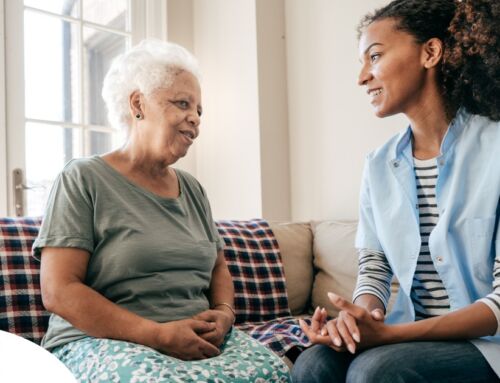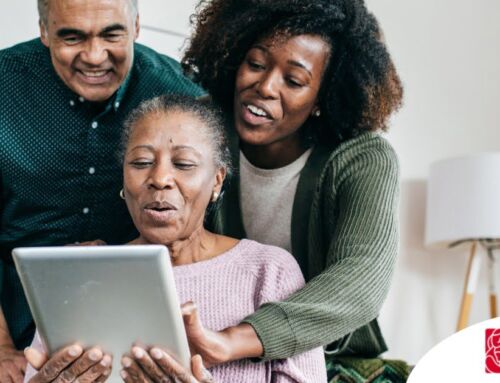Long gone are the days when we were teenagers or in our early 20s, eating whatever we wanted, without consequence. It’s often thought that seniors have smaller appetites, but is that true? Why does it occur? More importantly is it natural, normal and healthy?
Dangers of loss of appetite
According to the National Library of Medicine, the consequences of nutritional deficiencies and weight loss in older people can be:
Appetite loss may or may not be a “normal” outcome of getting older. Much of this is based on why the loss exists in the first place. Let’s look at some possible reasons why this occurs.
Seven reasons why seniors might lose their appetites
Hormones
As we age, our hormones fluctuate. In addition, we often become less physically active and needing of less calories. This is one of the natural ways that our appetite can be affected.
Medications
All medications have side effects, even ones we may not realize. Certain medications can greatly influence the appetite, as well as have weight-gain or weight-loss side effects.
Health Conditions
Certain health conditions can making eating difficult. Even dehydration causes a lack of appetite. Alzheimer’s, Parkinson’s, as well as thyroid, liver or other organ issues could be a cause.
Oral Health
Chewing difficulties or issues with overall mouth health can greatly impact our desire to eat.
Stomach or digestion issues
It makes some sense that when your stomach hurts, change what you eat. Or even eat less. This is a common complaint among the elderly.
Budget
Senior citizens can be limited on what they can spend on their food intake. Finding nutritious proteins and meal combinations can be challenging when on a strict budget.
Lack of joy around food
Jumping off our last article about finding joy and pleasure, this is one area that can greatly affect appetite. Restricted diets due to medical conditions (heart healthy, low sodium, etc.) can make it feel challenging to find tasty recipes.
Limited physical ability may make shopping, cooking and clean-up feel less than enjoyable or just too much work.
Tips to use when facing a loss of appetite
If you or a loved one has noticed a reduction in appetite, or weight loss that was unintended, the first thing to do is speak with your doctor. Your healthcare team will be able to determine if there are any medical issues or medications that may be affecting your appetite.
If after speaking with your doctor, all seems well, then have a look at these tips for re-energizing your appetite:
- Look into food programs, delivery or senior specialized pre-made meals
- Eating with friends, neighbors or family
- Develop a routine, set alarms if you need to
- Try different foods, spices, dips, sauces and combinations
- Eat smaller meals, more often
- Snack on healthy snacks throughout the day
- Consider appetite stimulants – ask your doctor for more information
- Increase physical activity when possible
- Use “dense” foods, such as whole as milk, butter, eggs, salad dressings, and full-fat foods, like yogurt and avocado
Wrap Up
A decline in appetite can be a normal occurrence, but to be sure, speak with your doctor. Getting adequate nutrition though the day is important to overall health and wellbeing.
~ ~ ~
Do you have questions about how you can better support your loved one while they age in place in South Florida or regarding homecare in general? Please contact CareGivers of America here: Contact or call us toll free: 800-342-4197
To join our amazing mailing list where you’ll receive special content, click here.
*No information in this article is to be taken as advice, medical or otherwise. This post is not sponsored, but may contain external links to websites, articles or product examples. External links are used for example or reference purposes only and these links do not indicate specific product or website endorsement by CareGivers of America.







